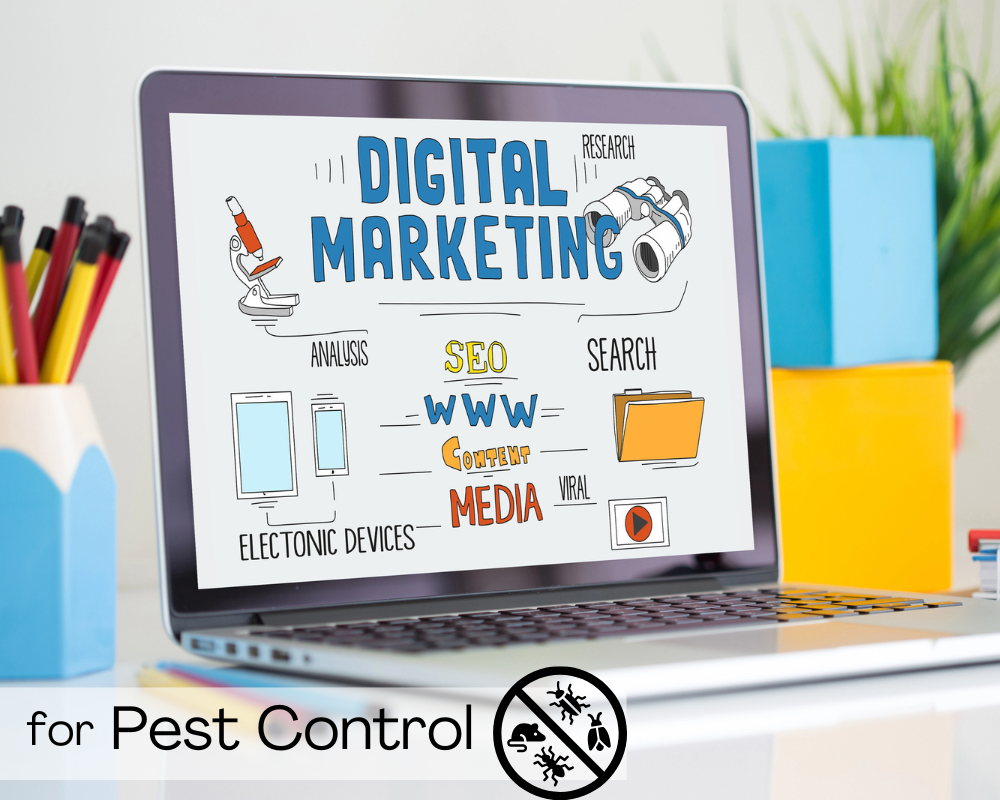5 Ways to Improve SEO by Creating a Great User Experience

We at WorldLight Media, are passionate about creating a great user experience when building websites and creating content, both for ourselves and for our clients. A well-designed website will not only lower bounce rates, and increase lead conversions, but it is also great for SEO.
What is User Experience?
User experience focuses on how a person feels when they’re interacting with your website. It aims to understand what the user’s intent is, what information they’re looking for, and aims to meet their needs through great design and content.
A common mistake businesses make in their marketing is focusing too much on themselves and not enough about our potential customers. Good web design requires understanding the perspective of the user and working backward from there to create a design that meets their needs. Before building a new website, we recommend doing a bit of research on your buyers. What are their pain points? How does your product or service solve problems for them? What factors are a concern for them when making a buying decision?
Why is User Experience Important?
There are a number of reasons why it’s important to create a great user experience for your user. Helping users find the information they are looking for will build trust, keep them on your website longer, and most importantly, help get them to your website in the first place through Search Engines. It’s no secret that Google’s Search Results Algorithm favors user experience.
What Types of Things Improve User Experience?
Below are a few fundamental things that go a very long way, both with Search Engine Rankings and with keeping users on your website.
1. Understand user intent and use natural language
Long gone are the days when Keyword Stuffing and writing content for “bots” provides good search results. (It used to be that content with exact search phrases in headlines and content would rank highly.) Tactics like these stopped working when Google introduced its RankBrain Algorithm. RankBrain’s goal is to seek to understand the user intent of a search query. So Google’s advanced algorithm takes into account not just what the user types into their search, but also what information they are actually seeking to obtain.
For example, if I search for “quick instant pot recipes” here are the search results I get:
Notice that the top search result does NOT have the exact search term in it. The number one result provided is “50 Easy Instant Pot Recipes.” Google has determined if I’m searching for “quick”, then “easy” is also a factor that I might need to consider.
So where does User Experience come into this equation? Well, If I clicked on that link, and didn’t find the information helpful, I would go back to the search results page and continue looking until I find what I’m looking for. Google continually learns what information best answers my questions and continually improves rankings based on my experience as a user.
Conclusion: Content that uses natural language rather than keyword language wins on user experience.
2. Understand E-A-T (Expertise, Authoritativeness, and Trustworthiness)
Google like’s to send users to experts on the topics they’re searching for. For example, I searched for “how to save money on travel”, and here’s a featured snippet search result that I got:
There are three things to note that impacts the search result here. First, the Travel Channel is a known authority on all things travel. Secondly, the article establishes that these tips are coming from “pros.” Google knows that we want our information from people who know what we’re talking about.
Lastly, the article’s quick and concise points (“23 Tips”) made it a great candidate for Featured Snippet Content which displays brief excerpts from the actual web page within the search results.
Other websites Google considered an authority on the topic was online magazines focused on money and other travel advice sites.
The moral of the story is to really niche down on the content of your website. What are you an expert in? What do people know you for? What do you do differently that no one else does? Write about these things and the more you write about these things, the more you will be viewed as a trustworthy authority on the topic by Google. This type of content creates a great user experience and also makes you a trustworthy search result.
3. Use Formatting Tags to enhance the user experience and enjoy the benefits of higher rankings.
In general, the more you can break up long excerpts of text, highlight main ideas, and break things down so that they are more digestible and easier to read, the better for user experience and the more likely users are to actually read your content. This means using bold, italics, lists, blockquotes to enhance the content. Make sure that your font, font size, and font color, are not too difficult on the eyes. Don’t overuse your H1 tag ( You should really only use it once for the page title.) Not only is it hard on the eyes, but search engines don’t like it.
Search Engines do like to see the use of h2, h3 tags as well as the formatting tags listed above, and favor content that is formatted well.
4. Include Different Types of Content on the Topic to Enhance User Experience
In addition to written content, the more variety you can provide your user the better the experience, and you guessed it, the higher search engines will score your page. Other types of content to consider using: Video, Photos, Gifs, Infographics that all a richer experience for the user.
5. Link out to relevant, authoritative websites that provide more context or back up your information.
Studies have shown that pages that link to other authoritative sites rank higher in search results than the ones which don't. Linking to other sources not only builds trust with your website visitors, but also enhances user experience by giving them more context, and more information about the topic they are learning about.
When linking to other websites, there are a few coding guidelines you want to follow in order to help with search engine ranking:
- rel nofollow - If the link is not an affiliate add this tag in your link code. It keeps Google on your site, rather than crawling the linked site next. ,
- target _blank - Inserting this into your link code will cause the link to open in a new tab, so the user doesn’t leave your site completely.
For More Information on how to improve the Search Engine Rankings of your website, check out some of our other posts:
SEO Myths to Fix for Better Search Engine Rankings
8 Ways to Improve Your SEO Ranking







